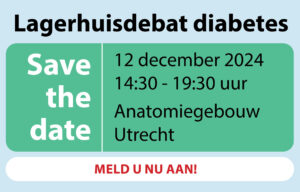HELP PD was a clinical trial of 301 adults with prediabetes. Participants were randomized to enhanced usual care (EUC) or to a lifestyle weight loss (LWL) intervention led by community health workers that consisted of a 6-month intensive phase (phase 1) and 18 months of maintenance (phase 2). At 24 months, participants were asked to enroll in phase 3 to assess whether continued group maintenance (GM) sessions would maintain improvements realized in phases 1 and 2 compared with self-directed maintenance (SM) or EUC.
In phase 3, LWL participants were randomly assigned to GM or SM. EUC participants remained in the EUC arm and, along with participants in SM, received monthly newsletters. All participants received semiannual dietitian sessions. Anthropometrics and biomarkers were assessed every 6 months. Mixed-effects models were used to assess changes in outcomes over time.
Eighty-two of the 151 intervention participants (54%) agreed to participate in phase 3; 41 were randomized to GM and 41 to SM. Of the 150 EUC participants, 107 (71%) continued. Ninety percent of clinic visits were completed. Over 48 months of additional follow-up, outcomes remained relatively stable in the EUC participants; the GM group was able to maintain body weight, BMI, and waist circumference; and these measures all increased significantly (P < 0.001) in the SM group.
Participants in the GM arm maintained weight loss achieved in phases 1 and 2, while those in the SM arm regained weight. Because group session attendance by the participants in the GM arm was low, it is unclear what intervention components led to successful weight maintenance.


